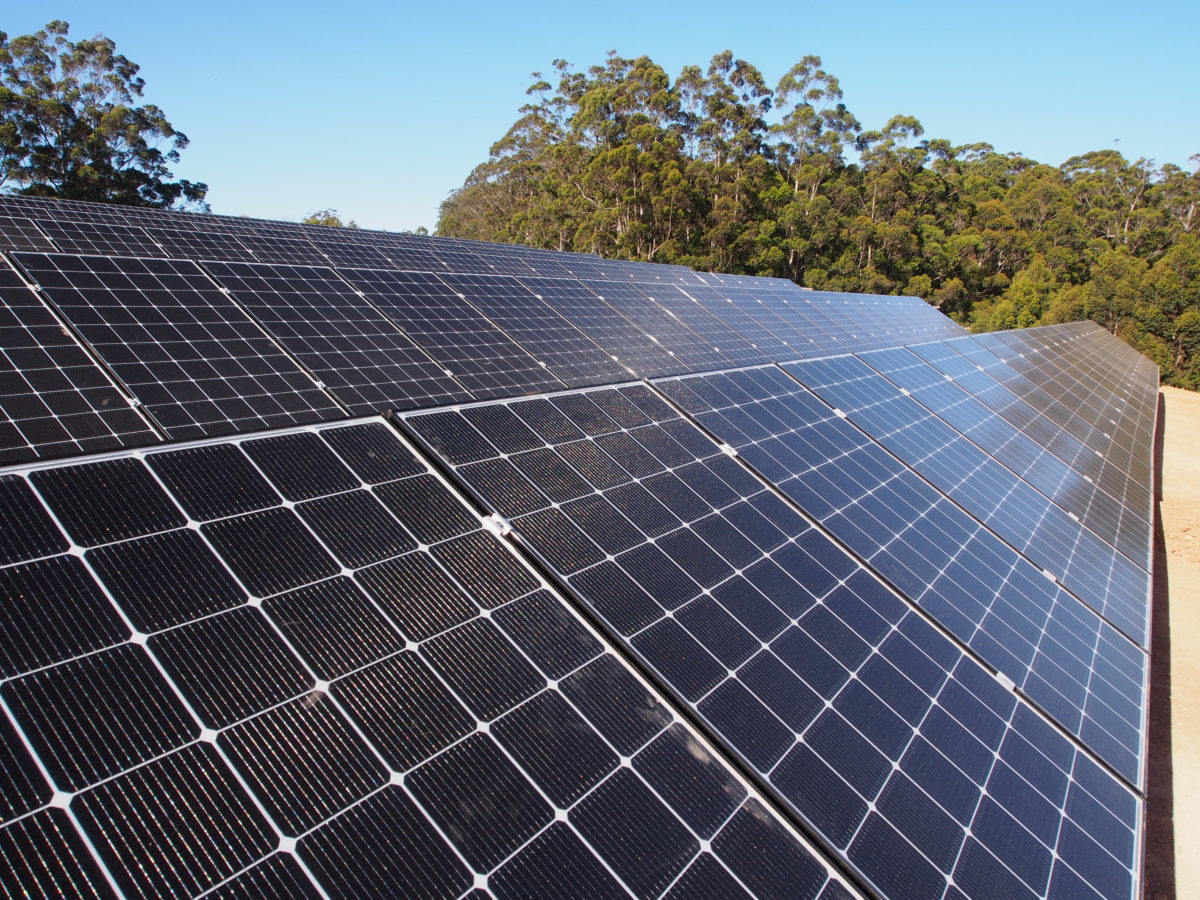Pietro Radoia and Yali Jiang, both solar analysts at Bloomberg NEF spoke to pv magazine about the current situation following the Chinese Government’s May 31 decision to apply the brakes to its rollercoaster solar industry.
pv magazine: How have PV prices been affected to date?
Yali Jiang: Value chain prices crashed over June: about 17-32% reduction was recorded in our spot price survey along the upstream chain by the end of June from the last week of May.
Module prices also reduced, although with smaller descend range around 10% globally for multi and mono, since demand was unlikely to be boosted in short term. The market needs time for project planning and there is no motivation to increase buying with the expectation of continuous module price declines.
Pietro Radoia: We anticipate module prices to drop to 24.4 U.S. cents/W by the end of the year, down 2.6 U.S. cents/W (10%) from our previous end-of-2018 forecast of 27 U.S. cents/W, prior to the policy changes in China. This drop is fundamentally due to lower demand from China. We anticipate a 22% PV supply glut even after polysilicon producers reduce their utilization rates and possibly halt of some less competitive capacity due to the sluggish demand.
YJ: We don’t think the module prices will rebound considering the on-going oversupply situation. Even with the market change, the under-construction/completed capacity expansion by top players indicates no relief of the oversupply situation in the coming years.
What strategies are the Chinese companies employing to deal with the fallout of the policy changes?
PR: The solar team attended Intersolar Europe, historically Europe’s biggest solar trade fair, held in Munich from June 20-22, 2018. There we met with module manufacturers, some of which plan to face the looming glut by reducing their utilization rates and aiming at preserving their positive net-margins, rather than producing full-rate and selling at a discount.
This strategy works only for those firms that contracted most of their production thanks to a good international pipeline from outside China. Those manufacturers which haven’t locked their production into contracts are inevitably exposed to declining global module prices.
We heard of several project developers postponing and renegotiating their contracts as their expectation is for module prices to fall. We heard of developers locking into $0.27/W module contracts for delivery in 3Q and 4Q in India and EU even before the policy headwinds in China. 4Q 2018 might turn out to be a hot market in terms of contract negotiations.
Some Chinese manufacturers with downstream project development arms active internationally will start constructing their overseas projects earlier than what they had initially planned for two major reasons: (i) to increase short-term demand and maintain their parent company’s shipments; and (Iii) CAPEX reduction requirement can now be met earlier and make these projects economic earlier.
However, some large module manufacturers are still moving ahead with their planned manufacturing expansions. News sources confirm that Tongwei, Longi and Sunport are all progressing capacity ramp ups. Their plans are to expand their manufacturing capacity by 6GW, 5GW and 1 GW each respectively this year.
Do you expect to see consolidation/bankruptcy in the market?
YJ: We believe the change will accelerate the consolidation of the market, since the price situation will push less efficient manufacturers that can’t maintain positive cash flow to exit the business, plus the market panic will expose those with bad financial status to intensified conflicts. We have already heard lots of reduction in production but it’s still too early to say how many will exit the business by now.
The July edition of pv magazine, out soon, will provide a detailed examination into the drivers and expected impacts of the 315 policy shift, from both a Chinese, and a global, perspective.
The headline was changed on 10.7.2018 at 20.55 from “will be” to “could be”. Apologies for any confusion caused.
This content is protected by copyright and may not be reused. If you want to cooperate with us and would like to reuse some of our content, please contact: editors@pv-magazine.com.









1 comment
By submitting this form you agree to pv magazine using your data for the purposes of publishing your comment.
Your personal data will only be disclosed or otherwise transmitted to third parties for the purposes of spam filtering or if this is necessary for technical maintenance of the website. Any other transfer to third parties will not take place unless this is justified on the basis of applicable data protection regulations or if pv magazine is legally obliged to do so.
You may revoke this consent at any time with effect for the future, in which case your personal data will be deleted immediately. Otherwise, your data will be deleted if pv magazine has processed your request or the purpose of data storage is fulfilled.
Further information on data privacy can be found in our Data Protection Policy.